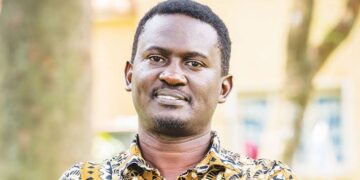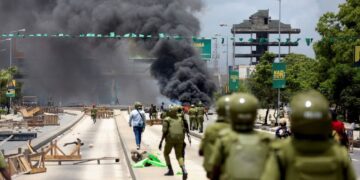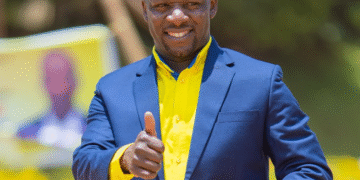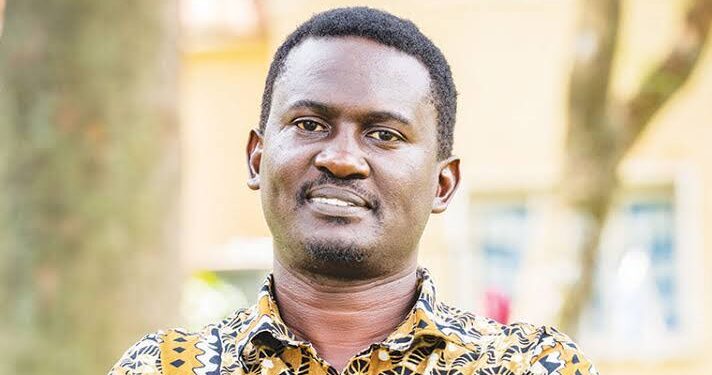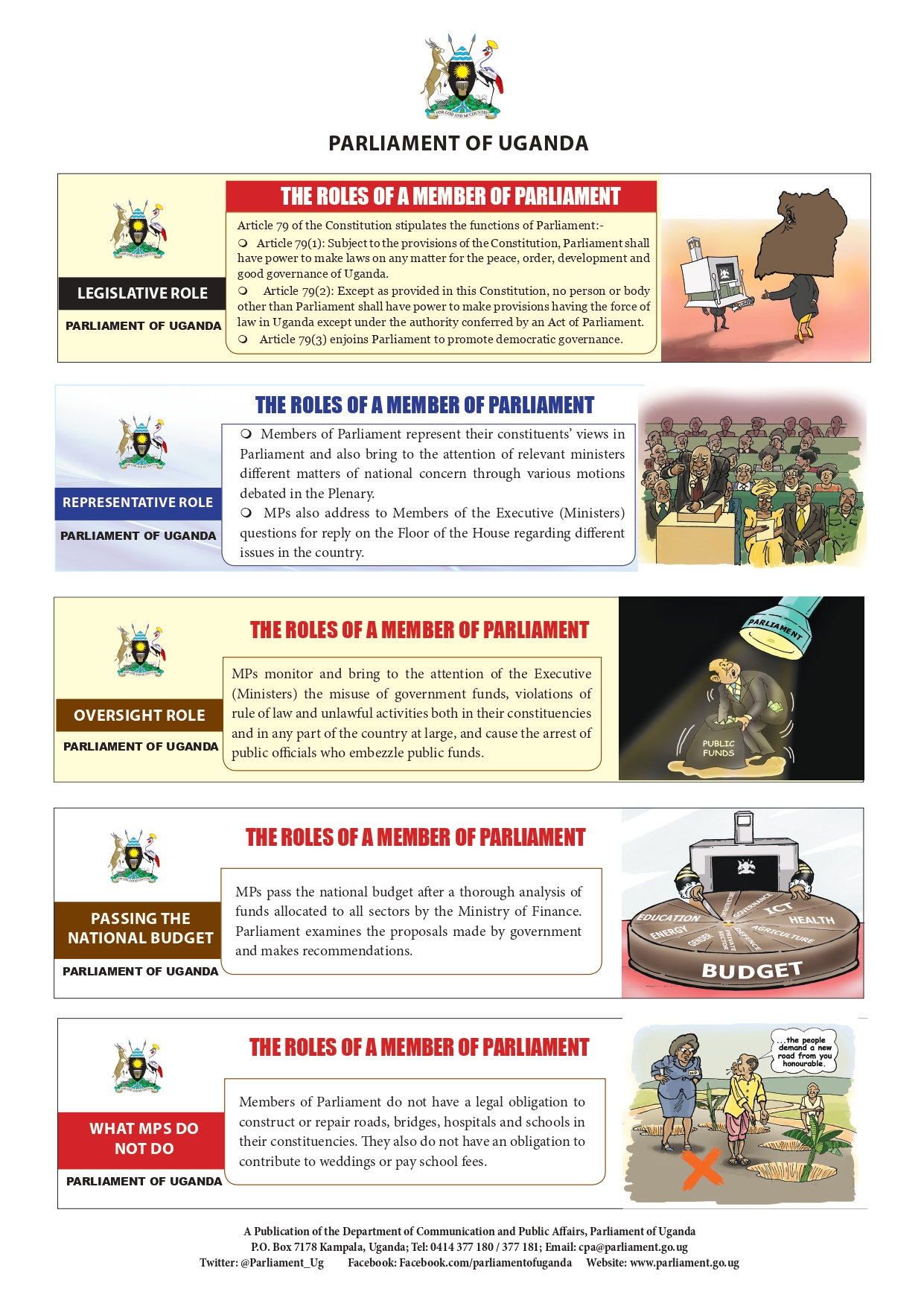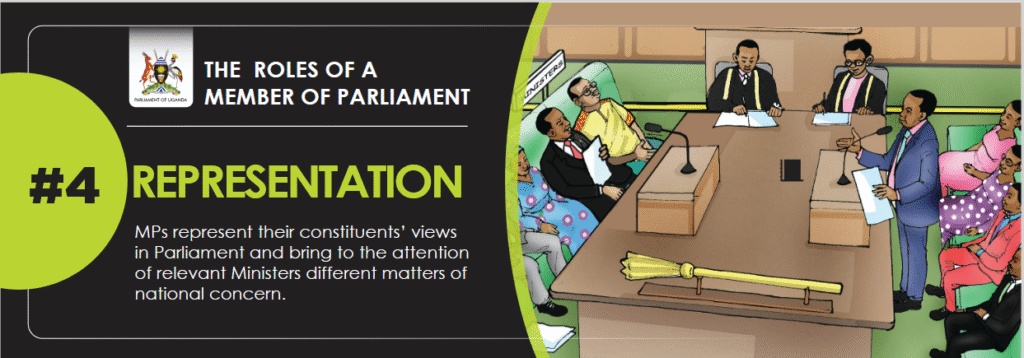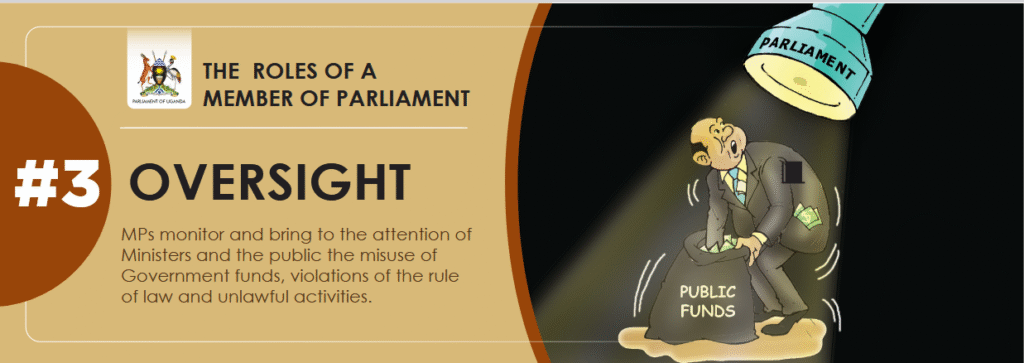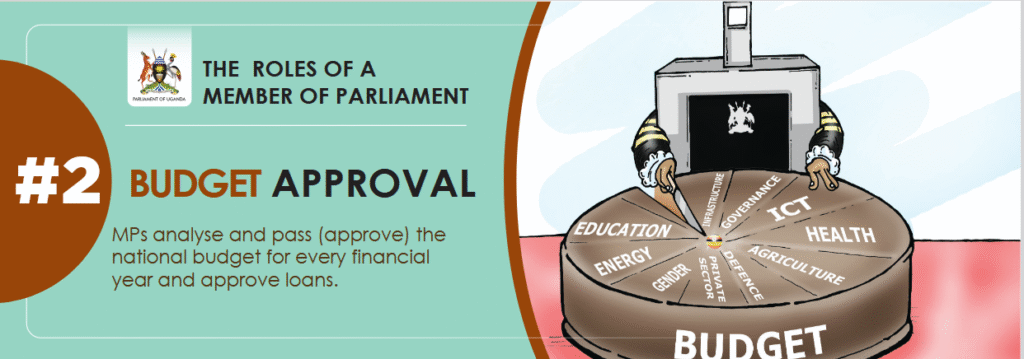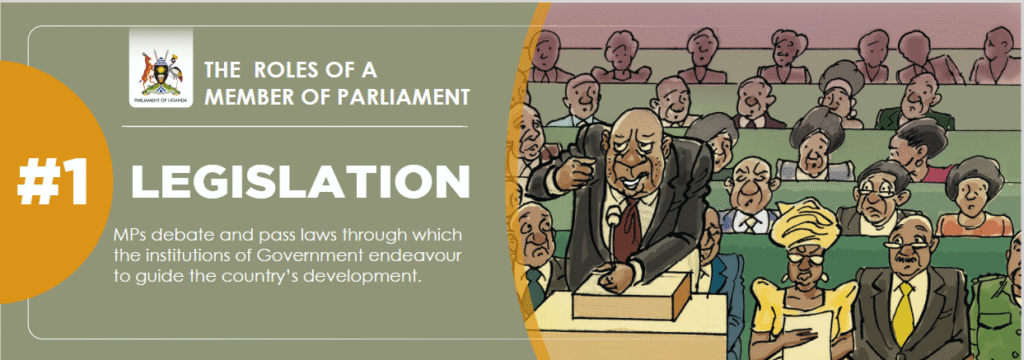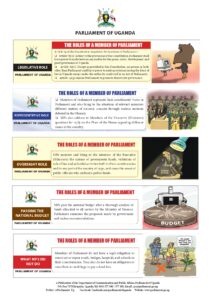By Prof. Jimmy Spire Ssentongo
It is difficult, at a psychological level, to understand the emotional relief that the oppressed get from mocking and celebrating the pain of the oppressors and their enablers. It is perhaps only difficult for the oppressor to understand why people whose loved ones are gleefully kidnapped, tortured, and imprisoned without proper healthcare will reach the point of celebrating any death on the oppressor’s side. But, it should still gravely concern us that we’ve gotten to this at a mass level.
When I was invited to speak at NUP’s Leadership School, I told them that the humanity of the oppressed is not left the same by oppression. By the brutish acts of the oppressor, to some extent, the oppressed becomes a brute too in retaliation. I advised them to watch their mental health, because their anger would not leave them the same. Some of the people (foot soldiers) insulting on social media everyday should also worry that they’re losing themselves in the process of fighting back. What starts as resistance builds into a habit that you might find yourself using at home too. Retributive violence can be internalised to become part and parcel of everyday behaviour of the oppressed. Sustained oppression rarely leaves the victims’ minds and behaviour the same.
It must be doubly devastating for the parents of Cedric to read all the vitriol before and after their son’s death. As a parent, I try to place myself in their shoes, and it is difficult to imagine what they’re going through. They must be sorrowfully asking themselves: “what kind of animals are these?”
The act of placing oneself in the shoes of another is often what it takes to be considerate in our actions, and therein lies the answer to this unfortunate trend of celebrating each other’s pains. When MK is boasting about torturing people’s loved ones and kidnapping more, some of those close to him either remain quiet or defend him. Some laugh at the victims and mock them. This is a failure to place oneself in the shoes of the other. When trouble befalls anyone on the oppressor’s side, it shouldn’t be shocking that the oppressed revenge by refusing to place themselves in their shoes. They’ll want the oppressor to taste how it feels to be in such pain. They still carry the pain of their loved one that was harmed or lost with your support or complicity of silence.
What this dialectic is doing to our inner humanity should be our primary concern – that our consciences are dying in the process. This is not the kind of country we want. It is not the kind of country we want our children to inherit. There is too much pain, anger and hatred in our society, and we shouldn’t gloss over it for any political reason. We should squally face it in mutually respectful dialogue. It is not sustainable. In the long run, both the oppressor, oppressed and the bystanders are getting internally destroyed. No oppressive system is sustainable.
The increased militarisation we see is because the oppressor is in fear too, fear of what the oppressed can do if they find an outlet. Unfortunately, they’re are using a wrong response that does not address the root cause of public anger – especially from young people. Force is never a sustainable response. You blink once, and everything crumbles.
Many of us are condemning the dehumanised for manifesting inhumanity. But what did we expect? What seeds have we sowed? What do we expect to reap? What alternative seeds should we sow?
Prof. Jim Spire Ssentongo is a Philosophy teacher, author, cartoonist and Human Rights Defender
